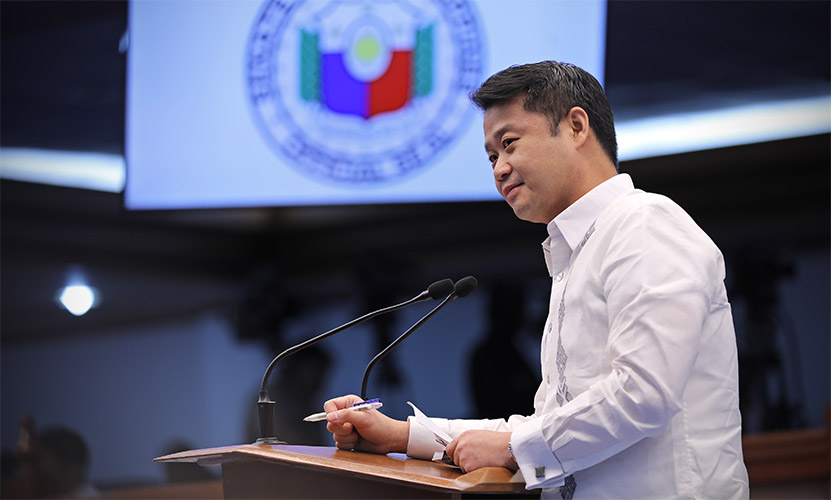Energy Efficiency measures could help reduce concerns on supply— Gatchalian
- May 30, 2024
- 0

Senator Sherwin Gatchalian said that energy efficiency (EE) programs and measures for electricity end-users should be maximized due to ongoing concerns about the power supply.
In 2022, fossil fuels like coal and oil—which accounted for 31% and 32% of the overall energy supply, respectively— continued to provide more than 60% of the energy requirements of the country.
At the PE2 General Membership Meeting, Gatchalian presented data showing that in recent years, the budget for implementing the Energy Efficiency and Conservation (EEC) Act had increased by an average of 41.90% annually, totaling Php 734 million over the past nine years.
According to data from the Department of Energy (DOE), as of May 2024, only one out of 40 provisions, or around 3%, of the EEC Act remained unimplemented since it was passed in 2019. This included a single issuance related to waste management.
In the EEC Act accomplishments for 2023, the Total Greenhouse Gas Emissions Avoidance (t-CO2e/MWh) was 1,439,426 t-CO2e/MWh, the Total Energy Savings was 1,863,441 MWh, and the Total Peso Savings was Php 7,895,615,849.
With increased participation, the country will gradually reap the benefits of energy efficiency. As of 2023, cumulative peso savings from various EE programs amounted to about Php 7.9 billion, corresponding to approximately 1.439 Mt-CO2e/MWh of avoided GHG emissions.
With this, Gatchalian proposed four strategies to maximize energy efficiency: investing in EEE technology, presenting consumer savings, encouraging bigger EE investments, and achieving and continuously improving targets.
The senator emphasized the need to encourage all sectors to invest in energy-efficient technologies, such as LED lights, smart thermostats, and motion sensors, among others, in the transport, industry, and agricultural sectors.
Additionally, showing consumers the benefits of applying EE measures could encourage them to apply these measures more.
“The savings to consumers due to EE measures must be publicly and easily available. Well-informed customers often make better decisions,” said Gatchalian.